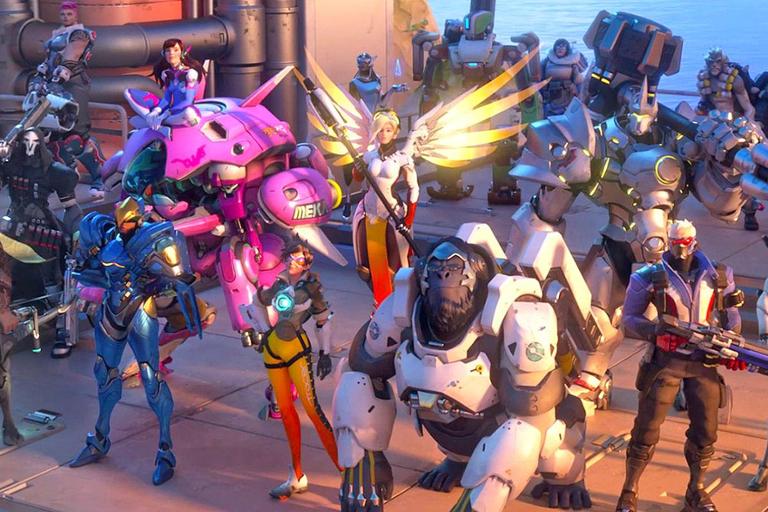
At Blizzard, the studio responsible for games such as “Overwatch” (seen above) and the “World of Warcraft” franchise, some software engineers make more than $100,000 per year. But other employees, including some game testers (a form of QA), claim they’re barely making enough to survive. Fed up with their pay, many of these employees have begun circulating a spreadsheet in which they display their compensation for others to see, according to a new report in Bloomberg.
Several employees told Bloomberg that they received paltry raises, despite Blizzard promising to address the fair pay issue in 2019. Although the company did give raises, the spreadsheet allowed employees to see that increases were often less than 10 percent. That’s quite a bit of money when you’re already earning six figures; if you’re squishing code bugs for nearly minimum wage, though, the impact on your real compensation isn’t quite as drastic.
“Our goal has always been to ensure we compensate our employees fairly and competitively,” Activision Blizzard spokeswoman Jessica Taylor wrote in a statement to the publication. “We are constantly reviewing compensation philosophies to better recognize the talent of our highest performers and keep us competitive in the industry, all with the aim of rewarding and investing more in top employees.”
Over the past several years, a few tech firms have experimented with greater pay transparency. While some have revealed individual salaries, others have chosen to report anonymized earnings for roles. Sometimes this is done to eliminate gaps in pay for certain demographic groups—for instance, Intel announced that it would release employee data broken down by race and gender. At other times, though, it’s been done to counter employee rumors that they’re collectively undervalued.
In order for tech firms to achieve transparency, they sometimes have to overcome a longtime culture that dictates salaries must be kept secret at all costs. Two years ago, Blind (which runs anonymous surveys on a number of topics relevant to technologists) queried users of its app on whether or not they’d been warned against discussing pay with co-workers—and some 60 percent of those respondents said they’d been discouraged from such salary talks.
Cisco, Microsoft, and Oracle were just a few of the companies that tried to shut down employee chatter around salary, according to Blind. Although discussing pay isn’t technically illegal, thanks to the National Labor Reactions Act of 1935, it’s clear that many managers don’t want their teams comparing compensation.
Despite that pressure, employees have clearly come to recognize the value of transparency. Earlier this year, Zac Sweers, a developer at Slack, posted a provocative Tweet that put his salary on display for all to see—and other technologists (utilizing the #KnowYourWorth hashtag) quickly followed. Many of those on the thread (as well as subsequent Twitter discussions) thought they were underpaid.
The Blizzard incident is yet another example of employees pushing back against a culture of pay opacity. Will it make a difference with regard to those workers’ compensation?